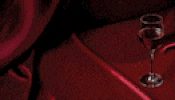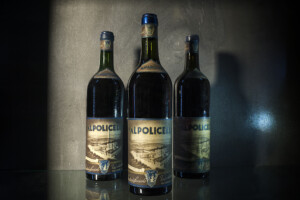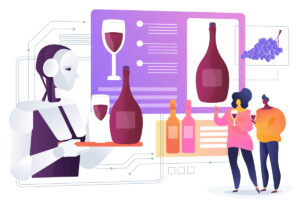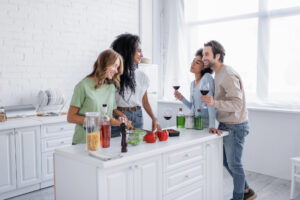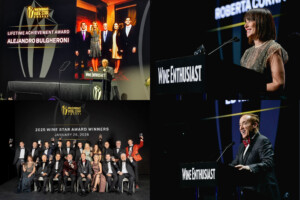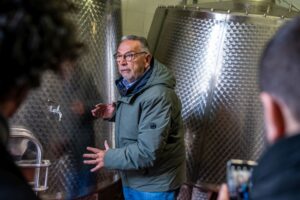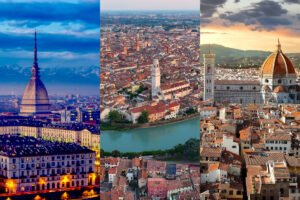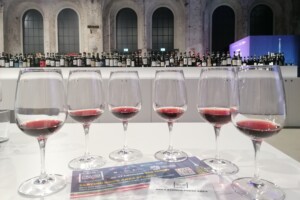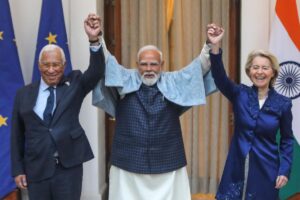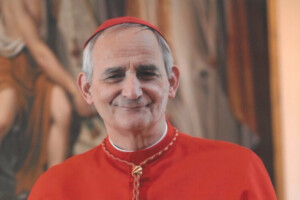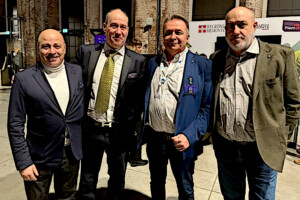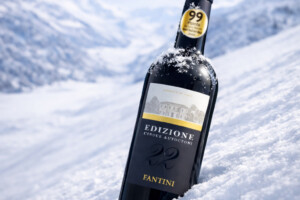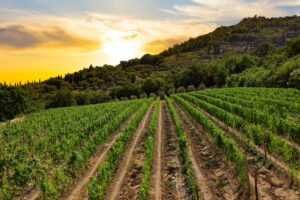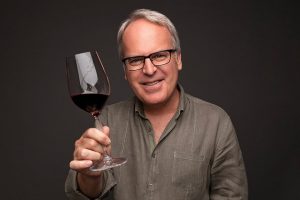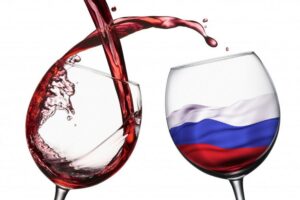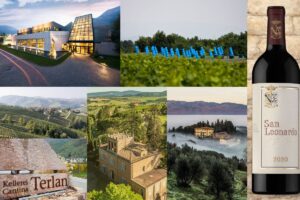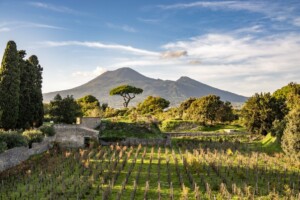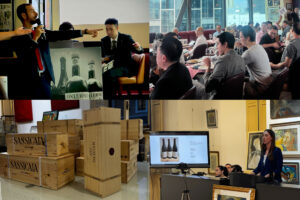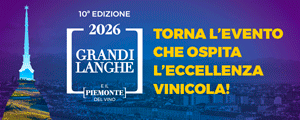Michel Rolland, simply the most influential winemaker of his time, was recently interviewed by WineNews, which has become a very pleasant habit for us (the video interview here). Rolland said dealcoholized wine “is not wine”, the crisis in consumption must be taken as such and not give in to despair, “because a lot of wine is still drunk”, and the issue of falling prices, starting with Bordeaux, must not be dramatized if it drops from 400 to 300 euros a bottle, while, obviously, it is a much more serious problem when we are talking about wines costing a few euros, where the margin is already very slim. We are talking about a professional, who in his sixty year long career, always at the top, has given greater esteem to the role of the winemaker. He was always on the front line during the decades in which great wine became the desire and symbol of the world's elite, first from Bordeaux, and then California, Argentina, Chile and Italy. He has consulted and collaborated with top names such as Caprai, leader and authentic beacon of the Sagrantino di Montefalco territory, the excellent Tenuta di Biserno in Bolgheri, which brought together the three Antinoris (Piero, Lodovico and Ilaria, now led by Niccolò Marzichi Lenzi), the new star of Bolgheri, Tenuta del Nicchio of Lodovico Antinori and his daughter Sophia, and companies such as Ornellaia and Masseto, also in Bolgheri, today owned by the Frescobaldi family.
Rolland is the absolute champion in the wine world, a keen observer and very often forerunner of many changes in the sector. Here are his opinions starting from one of the current issues, dealcoholized wine. “ There is a lot of talk about alcohol-free wine; it’s a trend. The problem is that it is not wine, and since it is not wine, I’m not interested. It’s a drink, and I must say there are drinks that are much better than alcohol-free wine. So, if we’re talking about business that’s one thing, but if you want to drink wine, it can’t be alcohol-free”. One wonders, then what he thinks about low-alcohol wine, or taking away a few percentage points of alcohol content. Rolland answered,“ I enjoy wine, and if I like it, I don’t care how much alcohol it has. However, if I didn’t like it because it has too much alcohol, I would say so. It is not the alcohol content that prompts me to say whether a wine is good or not”.
Rolland gave a straightforward an answer on the topic of the crisis in the sector. “There is a crisis - where is the crisis? There is a crisis in consumption, which happens when there is geopolitical instability, and in this historical moment, with the ongoing wars, everything is a bit complicated. Consumption has undoubtedly fallen, but the situation was the same during the war in Iraq years ago. I don't know whether we can talk about a real consumption crisis. It may be true that young people drink less alcohol, but they consume better quality wines. So, it's not a big problem for quality wine producers. Vineyards are being uprooted, but they are not the best vines, and as far as I’m concerned, there’s nothing wrong with that. According to the latest statistics, world production has fallen several million hectoliters of wine, and consumption has fallen, but the ratio between production and consumption has remained the same. I wouldn’t say the situation is satisfactory, but I don’t think we are facing an insurmountable problem. The consumption trend is on a down slide, but we must keep in mind that more than 200 million hectoliters of wine are still consumed the world over, so there is still room for producers who make quality wine ...”, Rolland said. What gives us pause for thought is the crisis in Bordeaux on entry-level wines, the most affected, and on higher-end ones that in the last two “en primeur” campaigns dropped 30 to 40% each year, compared to the previous year, has in effect returned to ten years ago levels. “Talking about Bordeaux, which I know a little bit about”, Rolland joked, “if the price drops from 400 to 300 euros a bottle, I think there is still some margin. When, though, in other regions, the price dropped from 8.5 to 6.5 euros, I think that is the real problem. If the price of “Grand Cru” drops 100 euros and you think it is a bargain, buy it, because it probably is. At 300 euros a bottle, I certainly won’t cry over the fate of the “Premier Grand Cru” of Bordeaux”. Take Michel Rolland’s word for it.
Copyright © 2000/2026
Contatti: info@winenews.it
Seguici anche su Twitter: @WineNewsIt
Seguici anche su Facebook: @winenewsit
Questo articolo è tratto dall'archivio di WineNews - Tutti i diritti riservati - Copyright © 2000/2026

